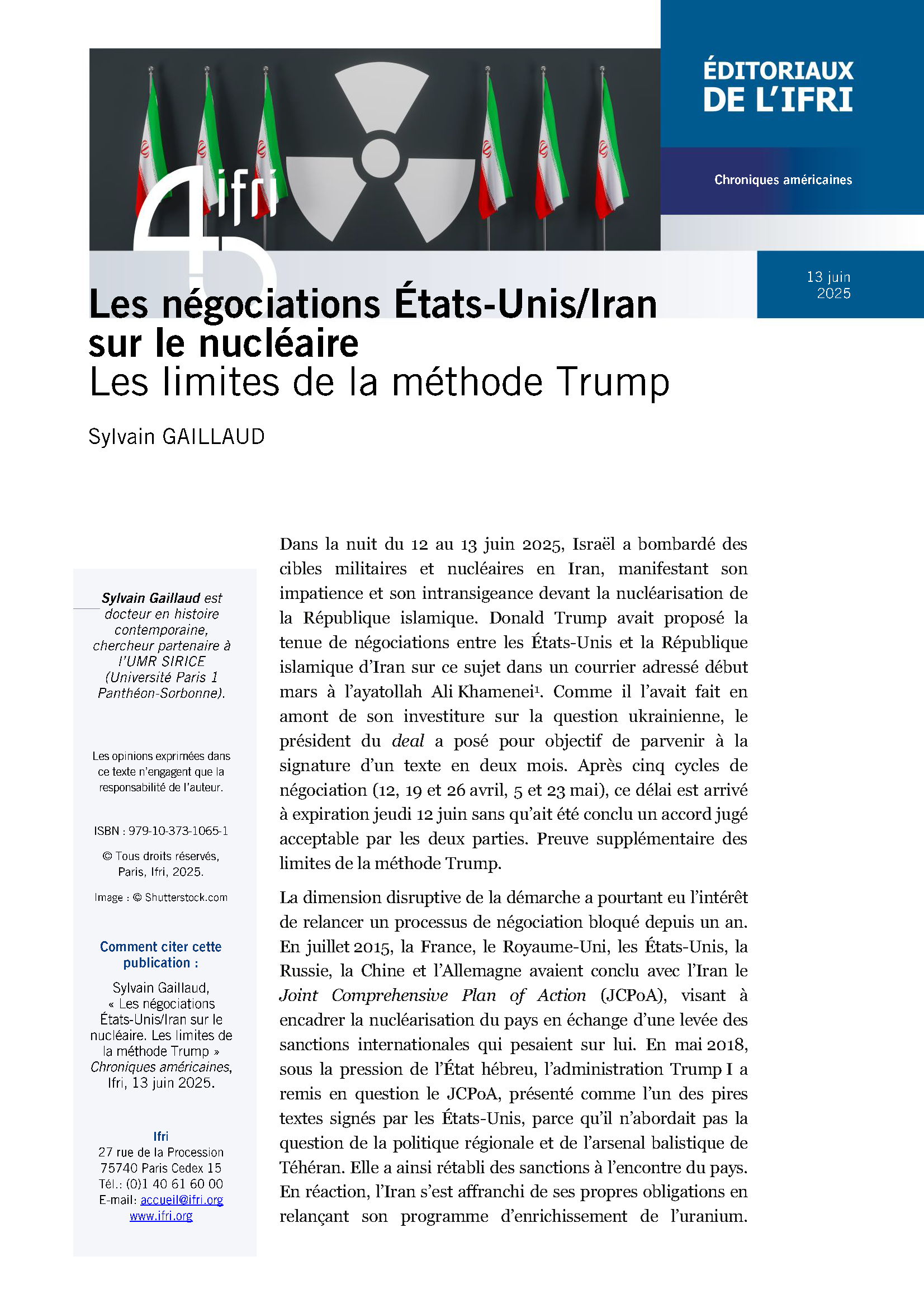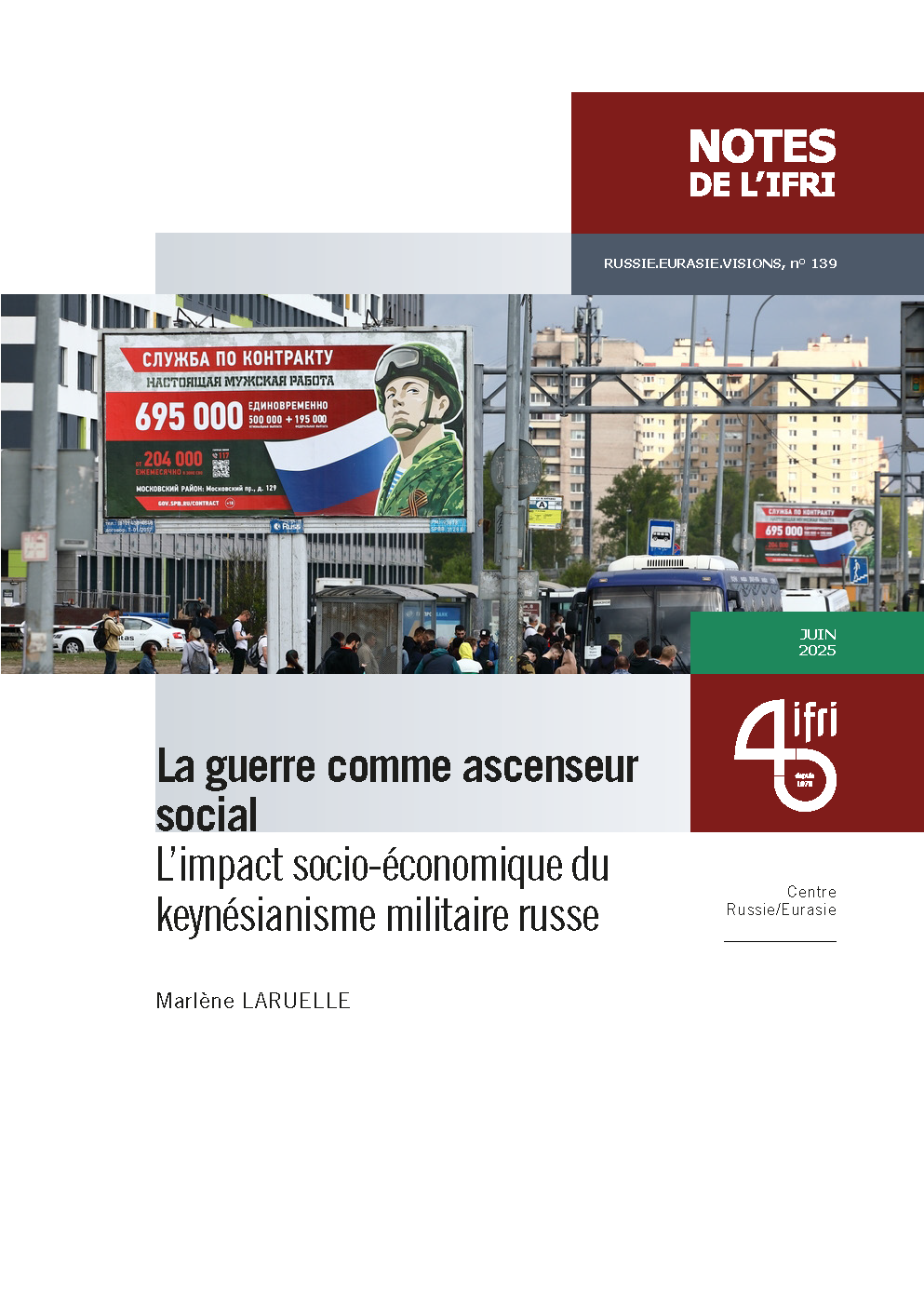
Informations pratiques
Thématiques et régions
Centres et programmes liés
Ceci est un événement réservé.
En savoir plus sur nos programmes de soutienFollowing the publication of “Europe and Energy: Building new Perspectives” by Cécile Maisonneuve, Ifri Energy Center organizes a roundtable conference with Cécile MAISONNEUVE, Senior Advisor, Ifri Center for Energy, Kilian GROSS, acting Head of Unit, Responsible forE nergy Policy Coordination, G Energy, European Commission, François-Régis MOUTON, Chairman, Gas Naturally, Graham WEALE, Chief Economist, RWE AG
Chaired by: Marie-Claire AOUN, Director, Ifri Center for Energy and Jacques LESOURNE, President of the Scientific Committee, Ifri Center for Energy
European energy policy currently faces several challenges: successful implementation of an internal energy market, security of the gas supply under the current tensions between Russia and Ukraine, impact of vast renewable energy generation on electricity markets and a need to improve the functioning of the carbon market. At the beginning of a challenging legislative period, a new path for European energy policy needs to be considered.
This conference will address different aspects of European energy policy, focusing on the governance issue. While the current crisis between Ukraine and Russia brings security of supply back to the top of the agenda, building a truly integrated approach is a priority, now more than ever. This means better coordinating the European strategy with the rapid evolutions taking place on the international energy stage, as well as rethinking the well-known triangle between security, competitiveness, and sustainability, so that it does not become a trilemma, that is, an impossible choice. This requires a better balance between EU institutions, which have to lead the vision, and Member States.
Sujets liés
Autres événements

Les enseignements de la crise indo-pakistanaise
Entre le 7 et le 10 mai 2025, l’Inde et le Pakistan ont connu leur affrontement militaire le plus grave depuis plus de deux décennies. Cet épisode remet en question les logiques de dissuasion, les dynamiques régionales et les mécanismes de gestion de crise dans un contexte géopolitique de plus en plus volatile.





